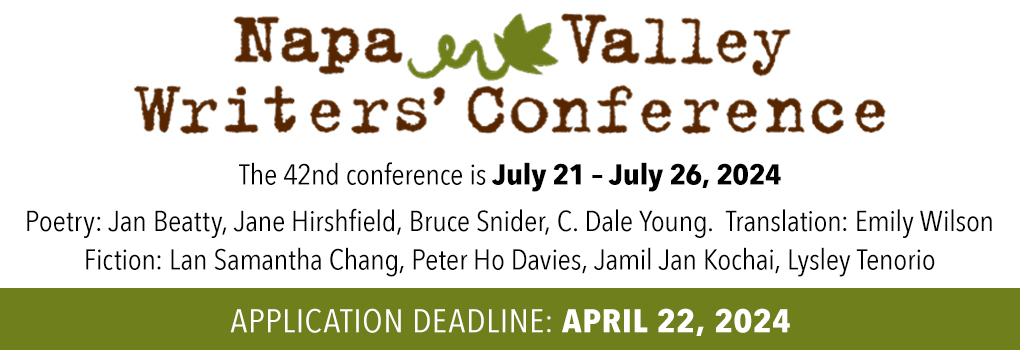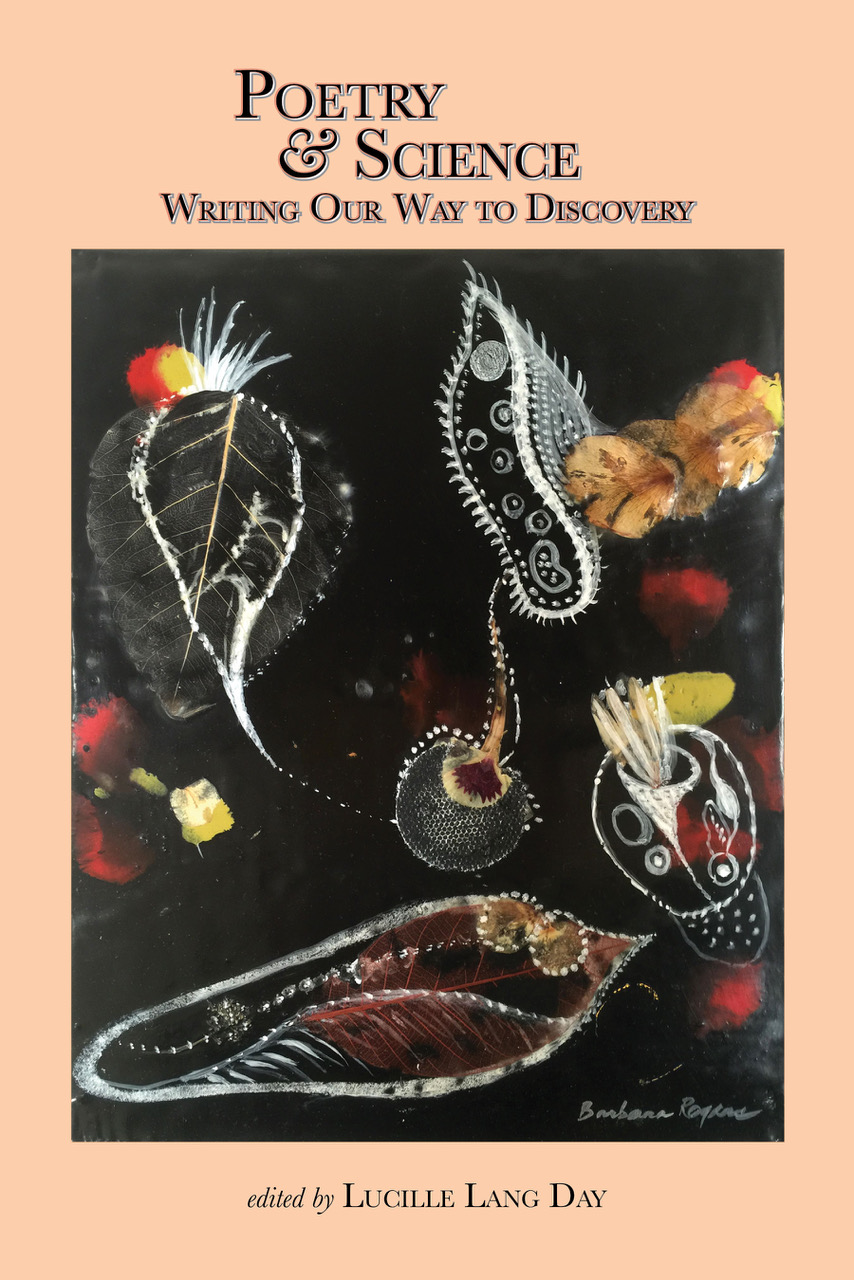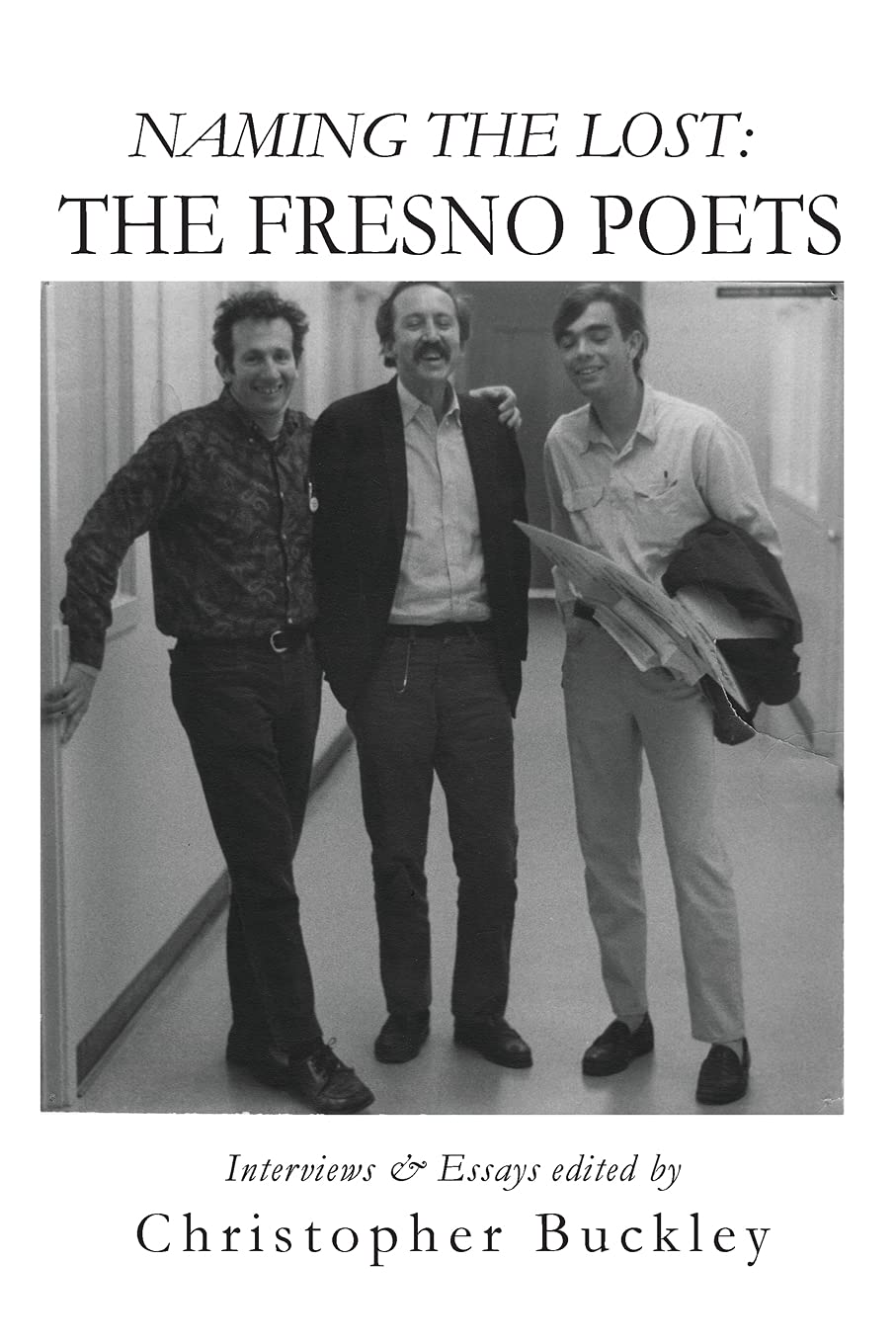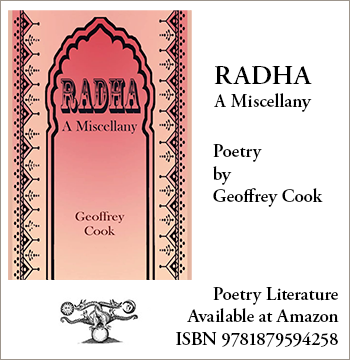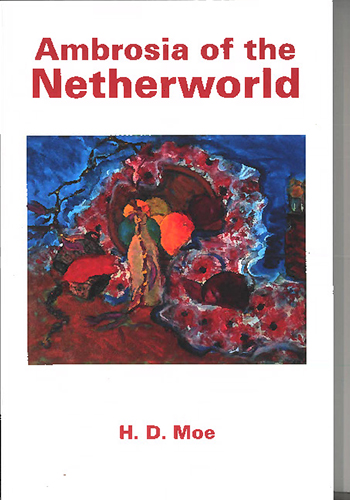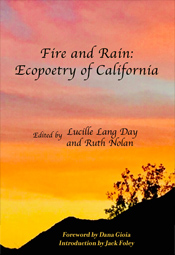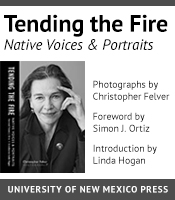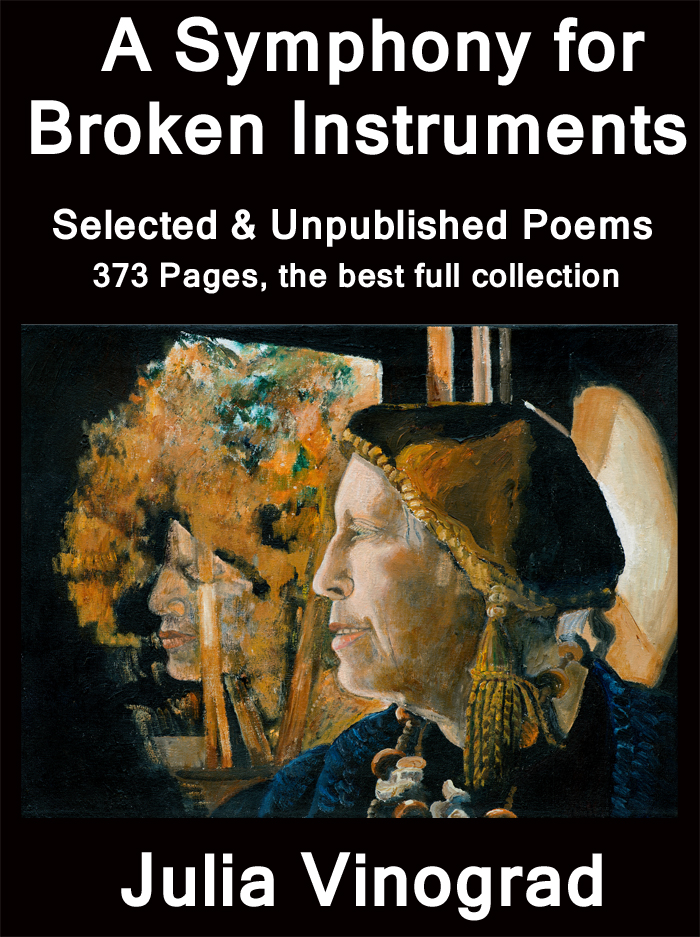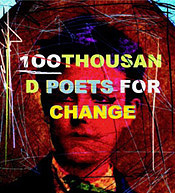
Interpreting Interpretation
by Rosalinda Monroy
Güera, by Rebecca Gaydos, Omnidawn Publishing, Oakland, California, 2016, 88 pages, $17.95 paperback, www.omnidawn.com.
REBECCA GAYDOS'S LATEST poetry collection Güera, is a fearless dive into the world of the making and unmaking of identity through language, of our own, and that of others. "Güera," Mexican-Spanish slang that loosely translates to "white girl" in English, makes this point directly, as the word (pronounced weda) can be either endearing or derogatory, depending on the context. As independent entities, the poems in this collection can be read as coded and disorienting, but when digested in its totality, Gaydos's work is dense and lyrical, and brimming with astute observation. The language— discomforting and plainspoken, with lines left largely unpunctuated and sentences disjointed— keeps the reader nestled between uncertainty and familiarity. The poems themselves serve as the sounding board for a deep exploration into the many ways in which language, in terms of the pre-existing powers that it reveals and reflects, can be used to perpetuate the fragmentation, distillation, and dehumanization of people viewed as different, separate, or other. The collection's examination of language begins as early as its prelude, with the poem "Arctic Dream."
In that poem, Rebecca Gaydos considers what it means to call oneself an artist by way of evoking the memory of a conversation between a mother and daughter, regarding the connection between artistry and autonomy. The context for this observation occurs at the mother's suggestion that because her daughter is good at drawing, she make art to sell instead of asking her for money. This proposal becomes the catalyst for a reflection on the many associations surrounding the terms "art" and "artist," and their implied implications:
autonomy's a long, long joke
imagine the Arctic and the cliché itself becomes intangible, snow-globish
the cliché itself came one day, it looked into the image of my image
it doubted my mobile ways
it whispered dirty things in my ear about Hostelling International
then it unwhispered those same things
art being the thing among things that is not itself a thing
(from "Arctic Dream")
These lines foreground not only the speaker's unease with her mother's suggestions as to how one's perception of autonomy plays out in the real world, but also her own apprehension surrounding the entrapments that frame such labels as "artist" and "artwork." The speaker goes on to liken her own image to that of a construct, a cliché in the same vein as the Arctic is to its cliché image; and the limitations surrounding the language of conveyance. She then mirrors the deconstruction of her own self-image with that of the image of "art," it also becoming "the thing among things that is not itself a thing." In this way "autonomy," "art," and "artist" become constructs, in the same way that something as intangible as the Arctic becomes a construct, when we try to explain it away by reducing it to the limitations of language.
Gaydos imparts similar themes in the collection's first poem. "Tiny's" is a letter about a woman aptly named "Tiny," who gets a hammer from a woman-owned tattoo collective in San Francisco. However, throughout the poem, Gaydos more often references a man named John Henry, who she repeatedly says the poem is really about. She writes:
I wrote you a letter and it went like this:
Tiny's is about John Henry. It's a John Henry poem.
Won't you name your baby Henry because you want to name it John Henry but are
just a little shy to do it
Won't you name your baby
You won't name your baby Tiny's even though you might as well because Tiny's
is about John Henry and you wish you named your baby John Henry not just plain
Henry but you were shy
You call it Henry because you don't know that Tiny's is a John Henry poem so
you might as well call your poem and your baby Tiny's
Now if "Tiny's" is really a John Henry poem as the speaker suggests, the reader should be hard pressed to believe it. Because anything that we learn about John Henry in the poem is in passing, through the lens of a story about someone else. And really, the only tangible piece of evidence at all that he actually exists is when the speaker informs us that John Henry is black— which requires its own analysis. So in actuality, the poem is really about Tiny, because we learn much more about her, both physically and mentally. But not wholly. The poem is also about the speaker, and the speaker's analysis of Tiny and the elusive John Henry. However, to further dissolve any remaining sense of solidity, the speaker also seemingly quite arbitrarily inserts herself into the storyline. So at any given moment, John Henry becomes Tiny, Tiny becomes the speaker, or vice versa. This shifting of identity not only serves to dissipate any defining boundaries between characters, but it also serves to illustrate the limitations of language, in terms of its ability to convey any real, tangible truth. Thus, Gaydos explores the reshaping and reposturing of language by deconstructing the disguises and identities provided by language. She also surveys both the boundaries and permeability of imposed identity, as she traverses the many meanings of appearance.
In the collection's title poem "Güera," unlike the seemingly elusive nature of such poems as "Arctic Dream" and "Tiny's," Gaydos more concisely confronts the slippery nature of a culture's unbridled categorizing and labeling, separating one from another by appearance. Moreover, in that the word güera is an idiomatic expression, not directly translatable into the English language, Gaydos's linguistic approach appropriately punctuates its undercurrent of cultural dissonance:
nobody could translate güera into white girl
not straight up
but by a twist in your heart maybe they could
remark is obvious,
remark's a side helping,
a loosely pejorative
topographical joust
Gaydos's unconcealed admission as to the explicit racial and sexual charge inherent in Güera—the utilization of such words as "remark," "remarks," "pejorative," and "topographical," illuminates this idea—speaks to the ways in which the body, specifically a woman's body, is shaped and defined, and made and unmade, decidedly on the impulse of a social construction. Language then, as a manifestation of the operations of modern power—is the means by which these social constructs are exploited. And finally, in that Güera is also the book's title, it is also reasonable to deduce that much of the meaning extracted from the individual poem, can also be applied to the meaning of the collection in its entirety.
From this purview, Güera explores the associations between ideas, experiences, and memory. In examining how language conveys messages and concepts, and shapes how we view and interpret the world, Gaydos demonstrates how the words and terms that we use reflect deeper cultural and societal meanings and values. By unpacking and sifting through language construction, and the many narratives created around such constructions, Gaydos successfully makes a space for creating alternatives to the standard image. In doing so, she invites the reader to consider what types of images subvert, pose critical alternatives, and transform our worldview. Rebecca Gaydos's crafty yet endearing delivery, along with her intelligent assessments, make for an analytical and affecting read. ![]()
Rosalinda Monroy is a Poetry Flash Editorial Assistant. She lives in Los Angeles.
— posted August 2019




